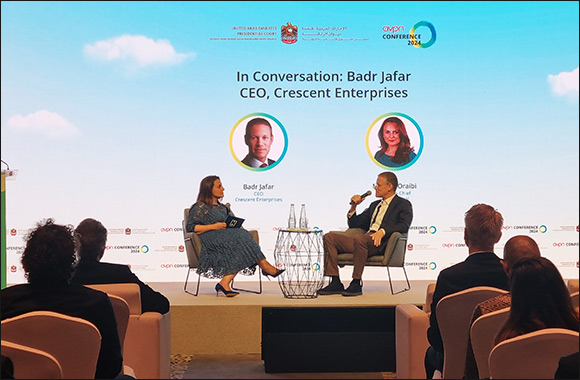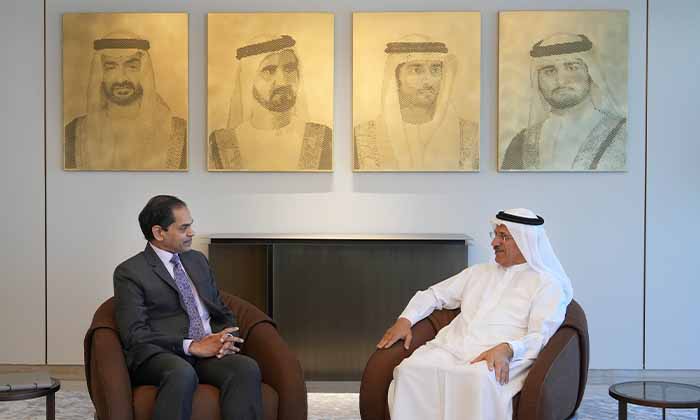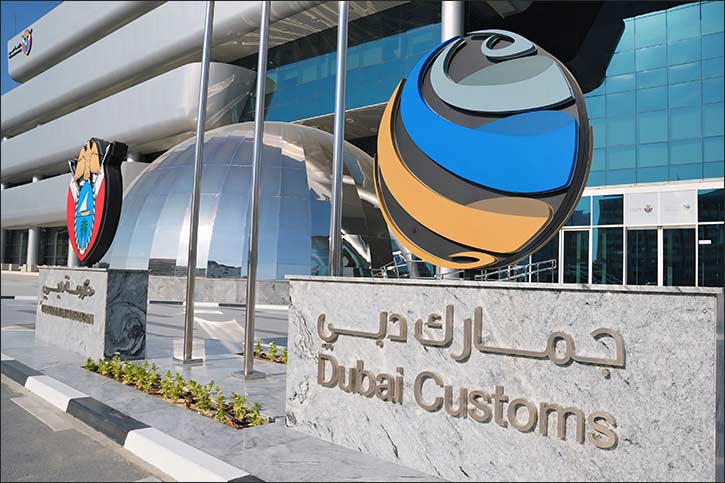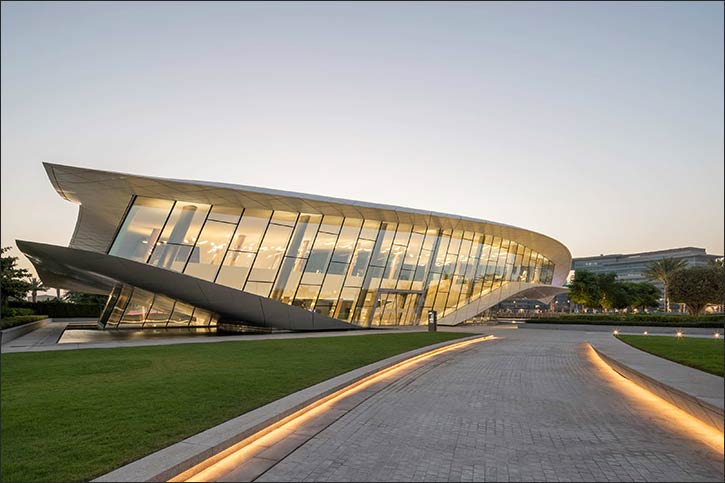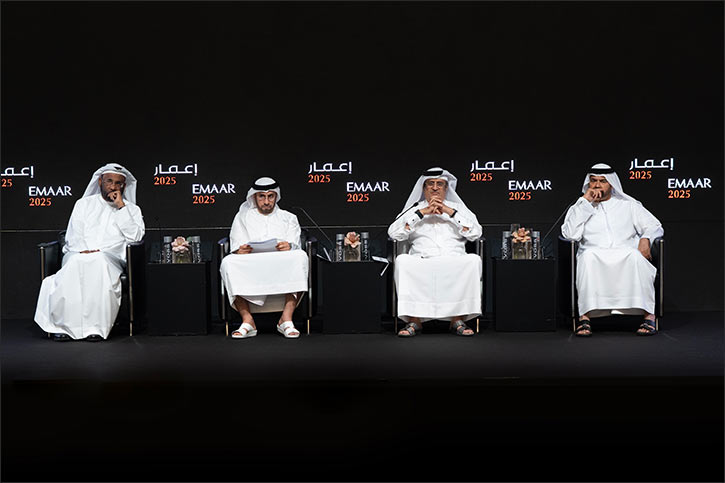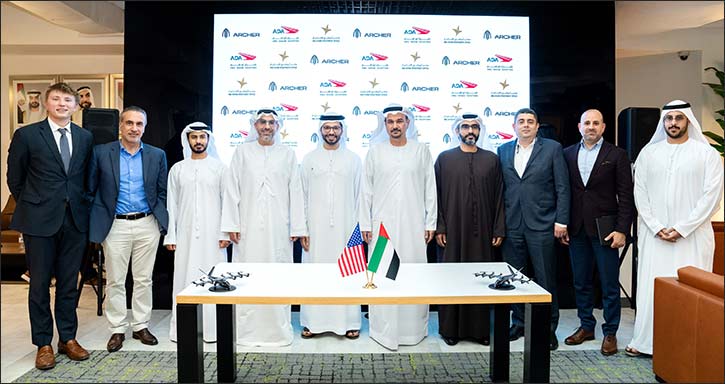During the 11th edition of the AVPN Global Conference, taking place for the first time in Abu Dhabi, UAE from April 23rd to 25th, a spotlight was shone on the UAE’s unique positioning to lead in shaping the future of philanthropy within and from the global growth markets across Asia and Africa.
Held under the patronage of His Highness Sheikh Theyab bin Mohamed bin Zayed Al Nahyan, Chairman of the International Humanitarian and Philanthropic Council, the Conference themed ‘One Asia, One Future,’ brought together thought leaders, investors, philanthropists, corporations, policymakers, researchers, entrepreneurs, and implementing organisations from around the world to foster wide-reaching alliances for collaborative action in Asia.
During a plenary interview with Badr Jafar, CEO of Crescent Enterprises and Special Envoy for Business & Philanthropy, that focused on the crucial role of strategic philanthropy in driving positive change across global growth markets, he expressed “With 26 trillion dollars expected to transition to the next generation in Asia and Africa over the coming two decades, there are enormous possibilities for our global growth markets, both in the Arab world and beyond, to become centres for large scale strategic philanthropy and social innovation. The UAE stands at the forefront of this enormous opportunity.”
The Conference convened esteemed global speakers, including H.E. Sheikh Nahayan Mabarak Al Nahayan, UAE Minister of Tolerance and Coexistence, H.E. Shamma bint Sohail Faris Al Mazrui, UAE Minister of Community Development, H.E. Noura bint Mohammed Al Kaabi, UAE Minister of State, H.E. Dr. Hamdan Musallam Al Mazrouei, Chairman of the Board of Directors, Emirates Red Crescent Authority, H.E. Mohammed Saif Al Suwaidi, Director General, Abu Dhabi Fund for Development, H.E. Sandiaga Salahuddin Uno, Minister of Tourism and Creative Economy, Republic of Indonesia, H.H. Princess Nouf bint Muhammad bin Abdullah Al Saud, CEO, King Khalid Foundation, Nassar Al Mubarak, CEO, Reaching the Last Mile, Pritha Venkatachalam, Partner and Co-Head, The Bridgespan Group, Neera Nundy, Partner and CoFounder, DASRA, amongst many others.
The discussion with Badr Jafar, moderated by Mina Al-Oraibi, Editor in Chief, The National, explored the intricacies of strategic philanthropy at the nexus of business, social responsibility, and environmental sustainability. The discussion highlighted the importance of philanthropic frameworks and networks and the challenges and opportunities in addressing the climate change agenda, as well as emerging trends in global philanthropy.
Underscoring the importance of transparency and sharing data driven insights, Badr Jafar commented: “Data and research are crucial elements that enhance the impact of philanthropy, and we must invest seriously in boosting this. This is especially urgent considering the next generation of donors is transforming the practice of philanthropy by demanding more hands-on approaches, with a growing emphasis on accountability and transparency. And as evidence-based intervention becomes the norm, demands on quality data collection and analysis will increase.”
Additionally, the session addressed the unique catalytic role of philanthropy in tackling global challenges of climate change. Despite the UN-estimated need for annual investments of US$4 trillion to achieve our climate and nature goals, only 2% of global philanthropic giving is currently directed towards such initiatives.
Badr Jafar, who chaired the inaugural COP28 Business & Philanthropy Climate Forum, commented: “The COP28 Presidency created a paradigm shift in the way we unite, act, and deliver. A relentless focus on inclusivity, brought together record numbers of representatives from business, civil society, youth, academia, indigenous peoples, and faith leaders, combining their respective strengths to deliver the historic action-oriented UAE Consensus at COP28 that has charted a new and vastly improved era for climate and nature action.”
The conversation also highlighted the pivotal role that government can play in unlocking the transformative potential of philanthropy through offering incentives, providing regulatory support, fostering cross-sectoral partnerships, and promoting research and data sharing to inform and improve philanthropic outcomes.
The session concluded by focusing on the importance of driving systemic change through strategic philanthropy, and not only symptomatic relief. As more philanthropy becomes strategic in nature, increased collaboration within the sector is being witnessed. “Our philanthropic ecosystem in the UAE has the tremendous potential to build on this momentum, and to strengthen relationships amongst business, philanthropic, and government stakeholders. This will in turn unlock value across our social and economic landscapes, and generate a multiplier effect on positive impact for millions of people.” Jafar added.
